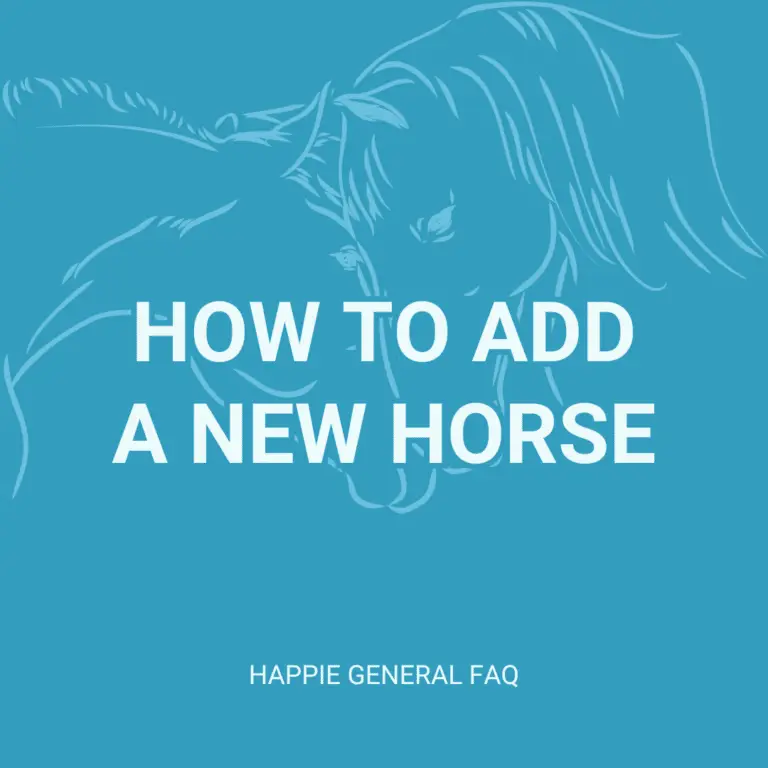Chronic and acute Equine Sinusitis Seek veterinary advice if you suspect this disease. Sinusitis refers to inflammation or infection of one or more of the paranasal sinuses, and it is the most commonly encountered disease of the paranasal sinuses. It is classified as either primary or secondary, and acute or chronic. Primary sinusitis is defined as an infection in the sinus, usually bacterial in origin, which results in a buildup of pus within the sinus. Primary sinusitis is typically the
